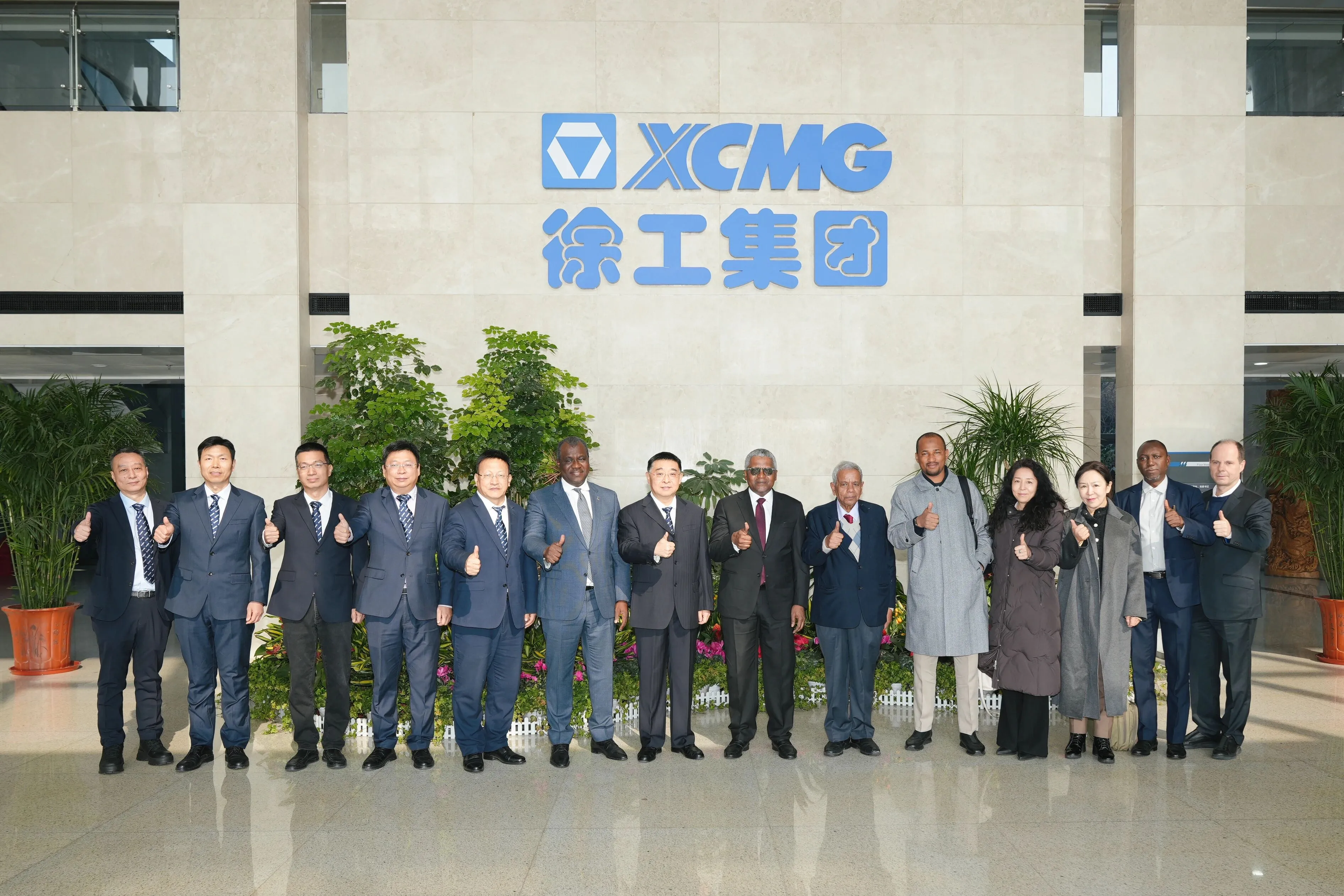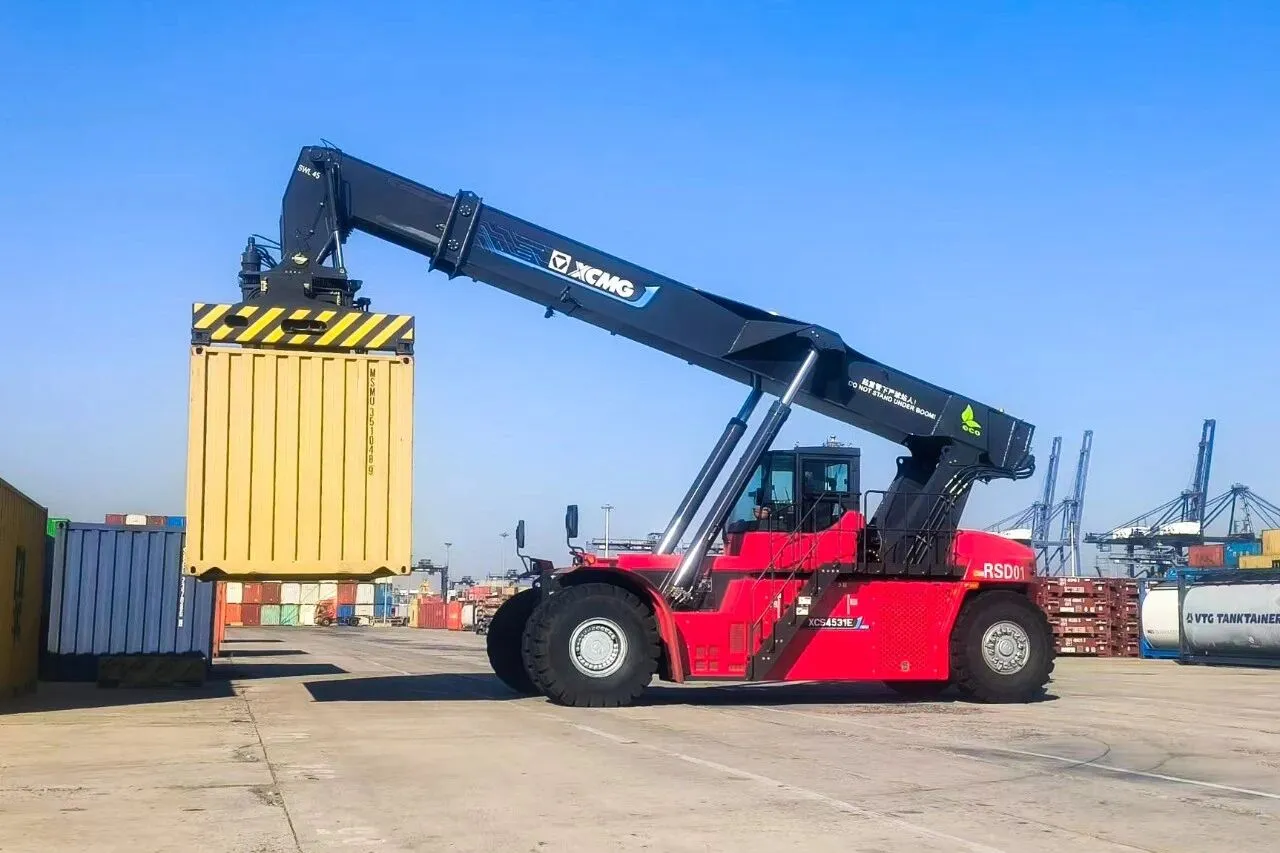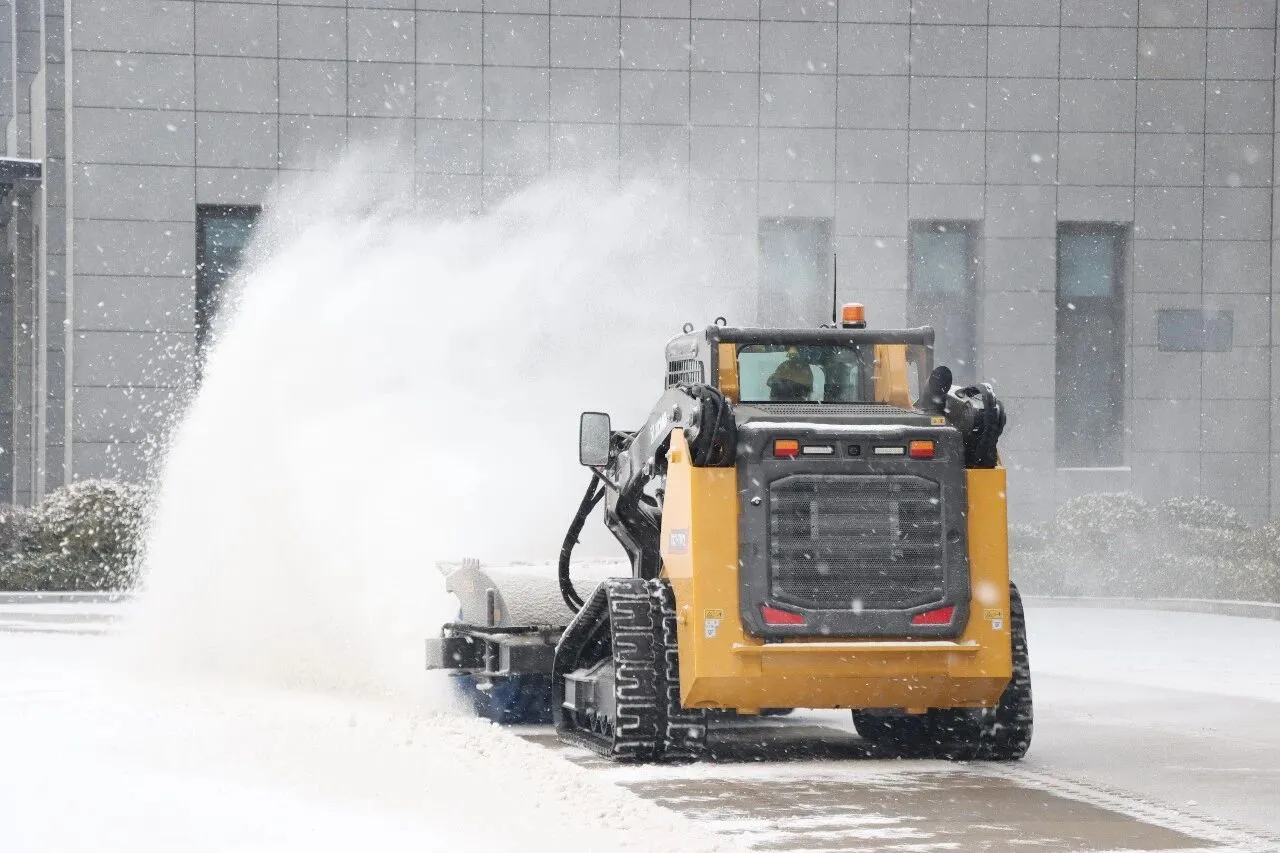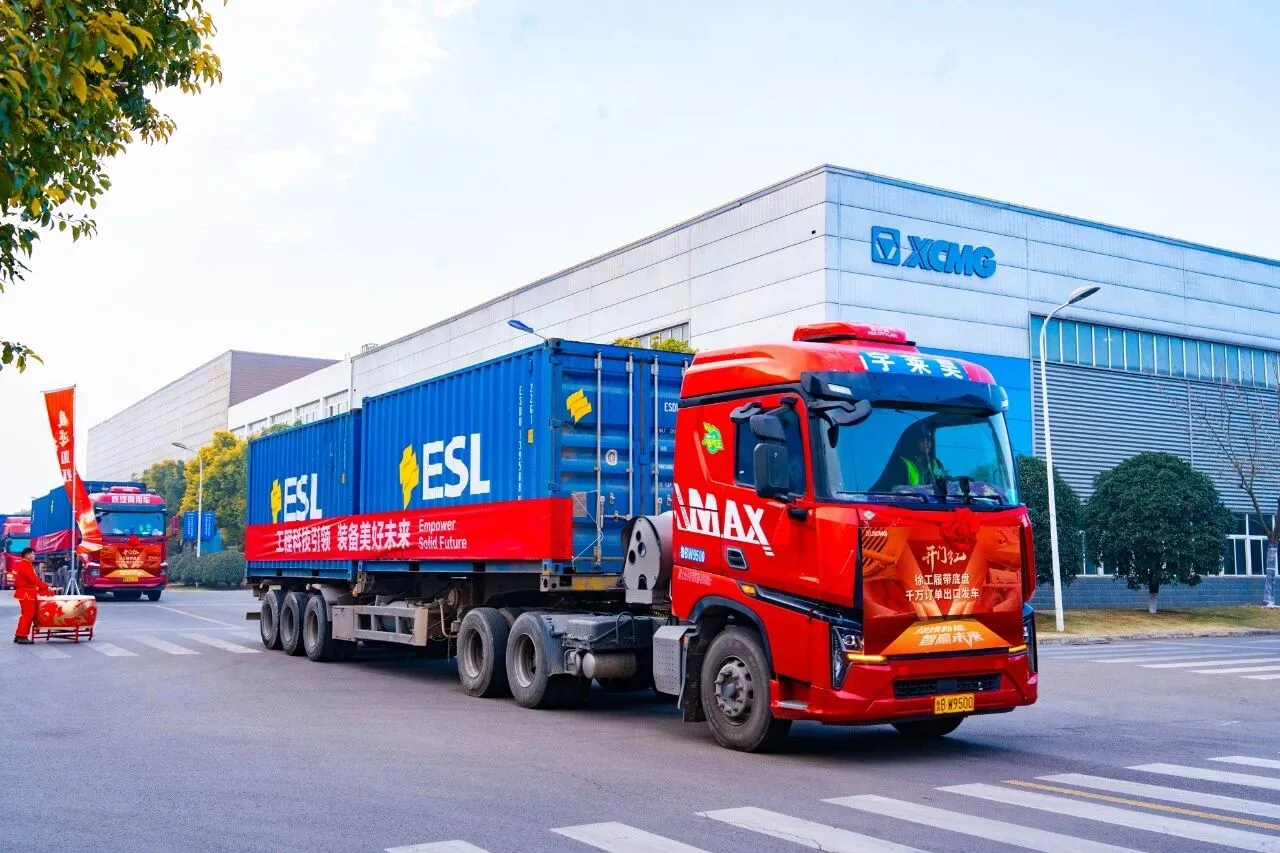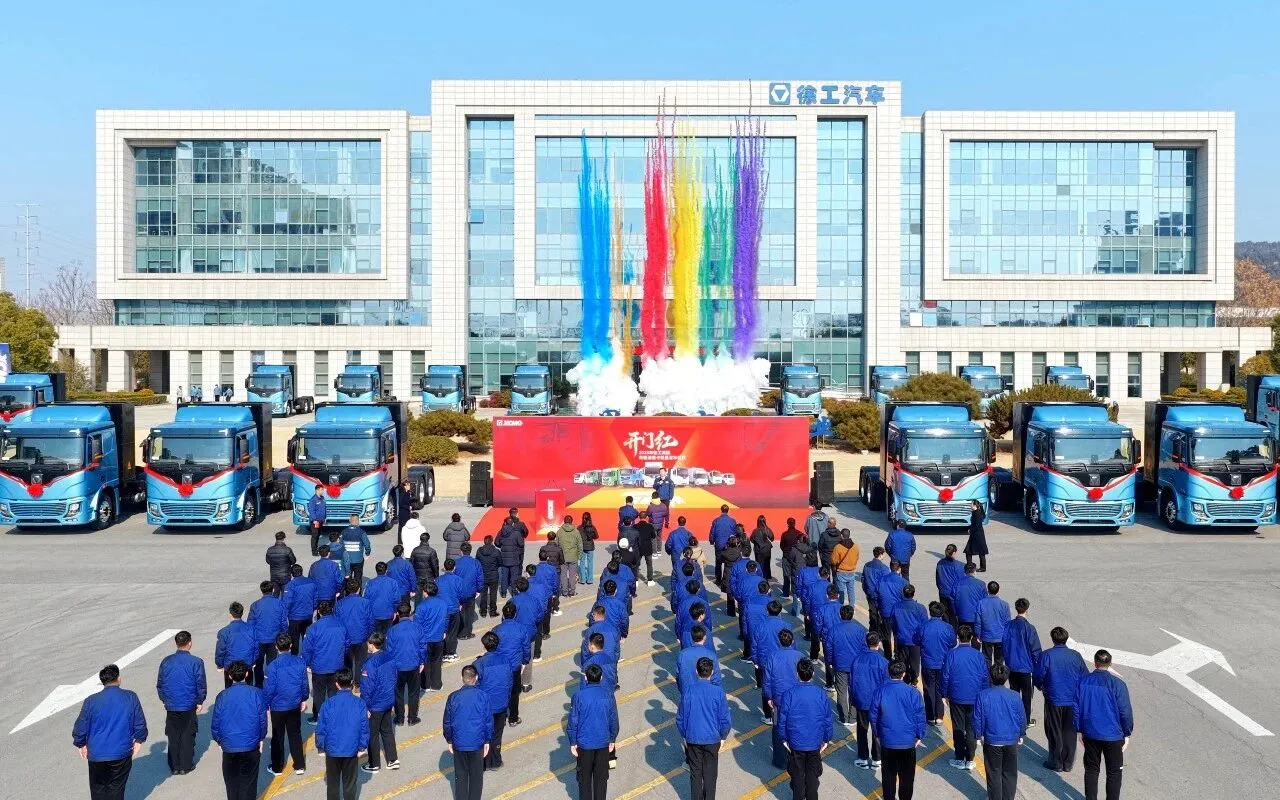Will Electric and Driverless Versions of Construction Machines Soon be Available?
Currently, electric and driverless construction machines are still
niche products or only at the prototype stage. However, market requirements and
manufacturers’ commitment are driving development.
The international construction machinery industry is under increasing
pressure to prevent both exhaust emissions and noise emissions. Construction
work elsewhere, for example in our inner cities, in hospital areas and in
enclosed spaces, will also have to be as quiet and involve as few air
pollutants as possible. The increased use of electric drives could be one way
of achieving this.
Electric versions of smaller construction machines in particular
already exist
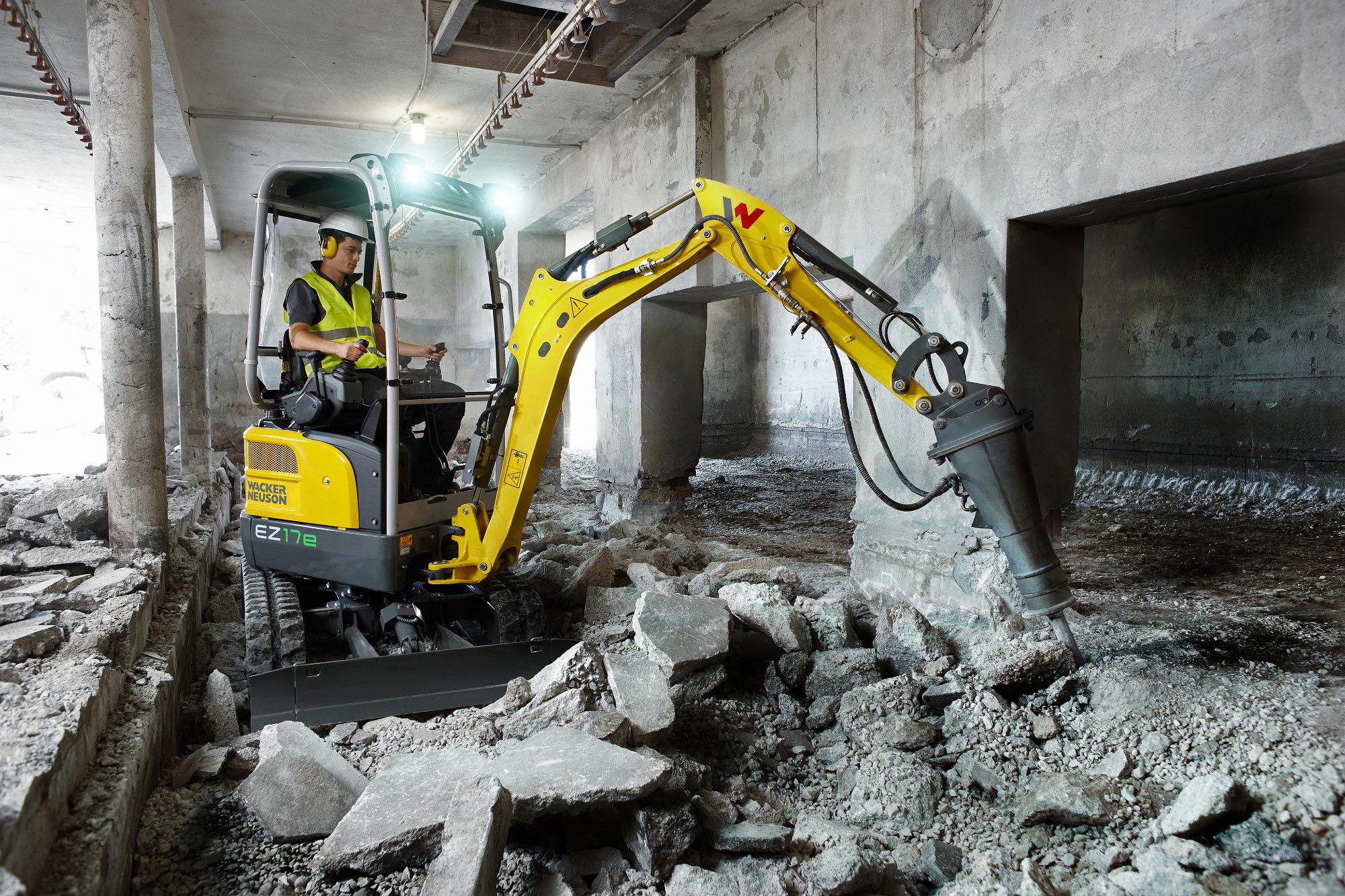
“Mechanical engineering companies have already launched e-solutions
for smaller machines, such as vibratory plate compactors, small rollers and
compact wheel loaders”, says Dr. Darius Soßdorf, Technical Regulations and Standardization
Consultant at the Construction - Equipment and Plant Engineering trade
association. Top manufacturers such as XCMG, Volvo and CAT have been very
active on the electrification scene for a few years now. Machinery factories
set the goal to build up a full electric product portfolio, which already
includes all essential e-devices and e-machines for developing inner-city
construction sites, from battery-powered rammers through to wheel loaders.
Hybrid solutions for higher power ranges?
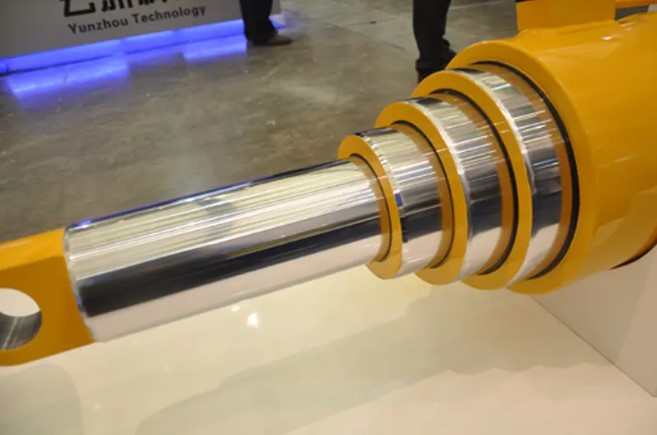
In contrast, manufacturers are currently still struggling with electric
solutions for high-power-range machinery as the power required for the type of
work in question is too high. “In order to supply a ‘normal excavator’ weighing
approx. 15 tons with sufficient energy for a day shift, using current
technology the necessary battery pack would weigh tons”. In light of this,
hybrid vehicles are seen as another future area for development. “The device
would be electrically powered for light work, for example driving, and then a
combustion engine would be engaged where maximum power is required.”
An opportunity for recuperation and storage systems
It is clear that when electric drive units are used, the machine’s
available energy must be used extremely carefully. “As such, solutions focusing
on energy recovery and storage will be increasingly in demand for electric and
hybrid machines in particular,” says Prof. Dr. Eng. Frank Will with certainty. The
current Endowed Chair of Construction Machines at the Technical University of
Dresden continues: “Whenever a machine works largely intermittently, these
systems can offer considerable potential to make savings.”
Driverless construction machines are already in use in the mining
sector
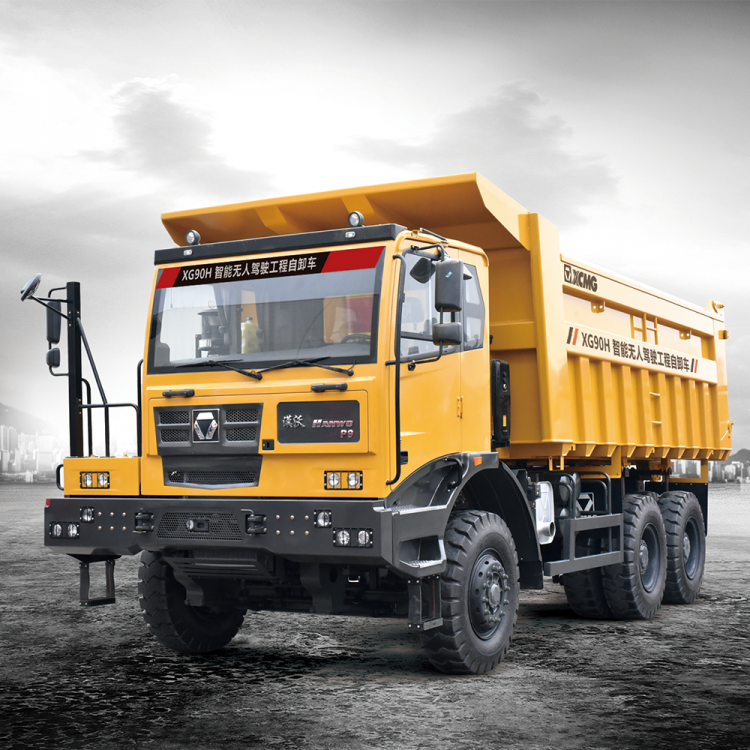
Like electrification, driverless vehicles are also one of the hot
topics for future mobility. In relation to the rest of the construction
industry, a lot of headway has been made in the mining sector. For example, XCMG
and Caterpillar already sell commercially autonomous and semi-autonomous
operating systems for dump trucks, bucket-wheel excavators, bulldozers and low
loaders in the mining sector. Upgrading the hardware and software of other
manufacturers’ trucks has also been part of this line of business since last
year.
